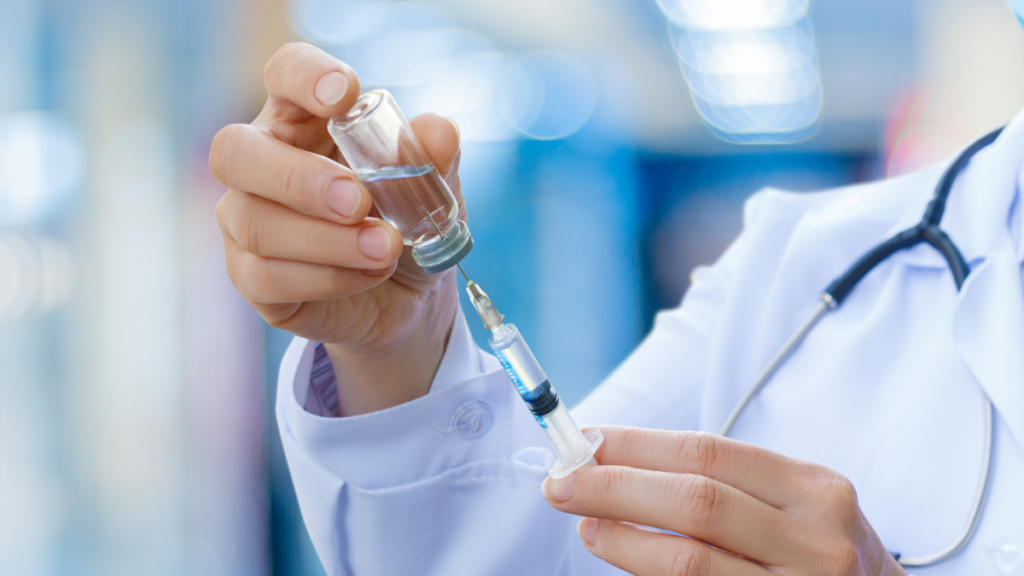Why Do We Need Boosters?
The current vaccines authorized and approved effectively protect people from developing severe illness and being hospitalized from COVID-19. However, over time, immunity wears off. When this happens, boosters can increase protection.
About Boosters
A booster shot is an additional dose of a vaccine given a few months after the initial series of the vaccines or single-dose vaccine. Its purpose is to boost immunity after antibodies begin to fall.
The boosters currently available in the US use the same formula as the initial series. However, the doses may vary. For example, the Pfizer and Johnson & Johnson vaccines use the same dose for their booster, but the
Moderna vaccine uses a half-dose.
Booster Versus a Third Dose
Many people use a booster shot and a third dose interchangeably, but there is a difference between the two. A third dose of the vaccine is for immunocompromised people who may not have generated enough protection with two doses. In this case, they require a third dose to have adequate protection from COVID-19.
On the other hand, a booster shot is for people who initially developed strong protection against COVID-19 after being fully vaccinated, but protection has waned off over time.
When to Get a Booster
When you are eligible to get a booster will depend on the initial vaccine you received. If you got a Moderna or Pfizer vaccine, you are eligible to receive a booster five months after your second dose. If you received the Johnson & Johnson vaccine, you are eligible for a booster two months after your single dose.
Selecting a Booster
When selecting a booster, you don’t need to get the same vaccine you got for your primary series or single-dose vaccine. For example, if you got the Moderna vaccine, you can get a Pfizer or Johnson & Johnson booster. However, if you initially got a Johnson & Johnson vaccine, experts suggest you get a Moderna or Pfizer booster to elicit a more robust immune response.

